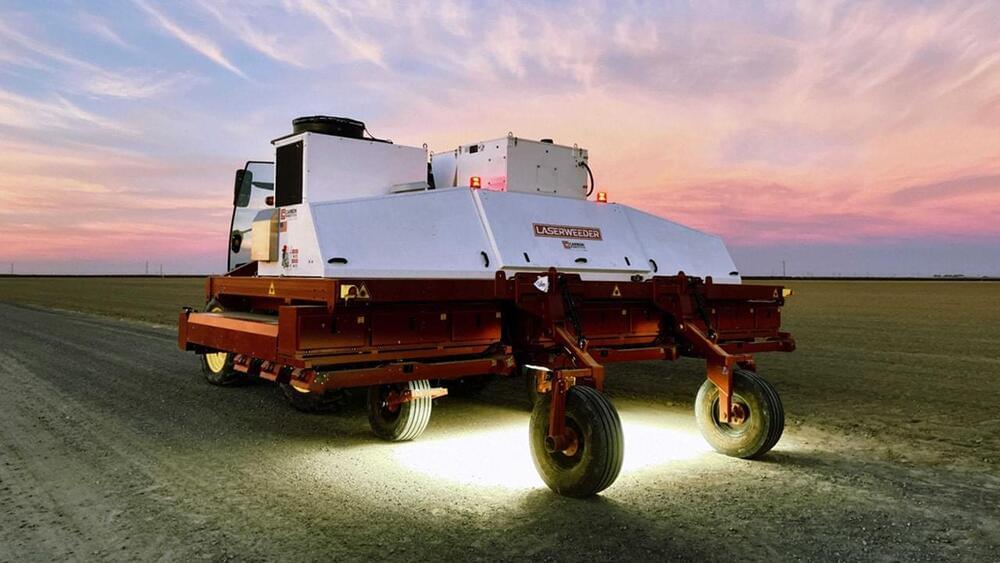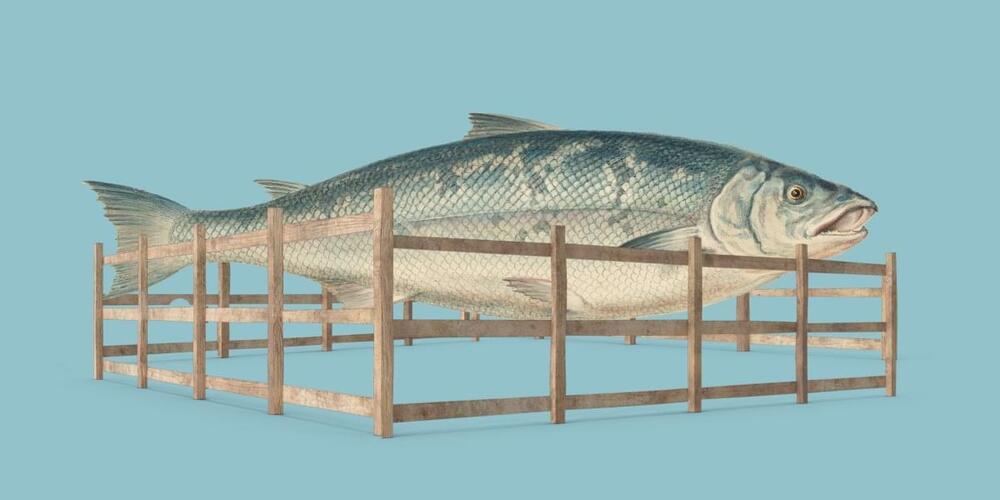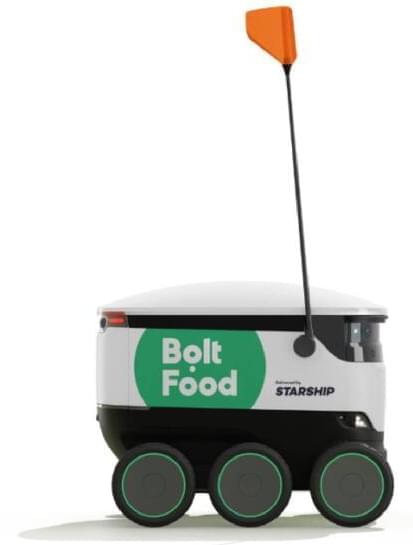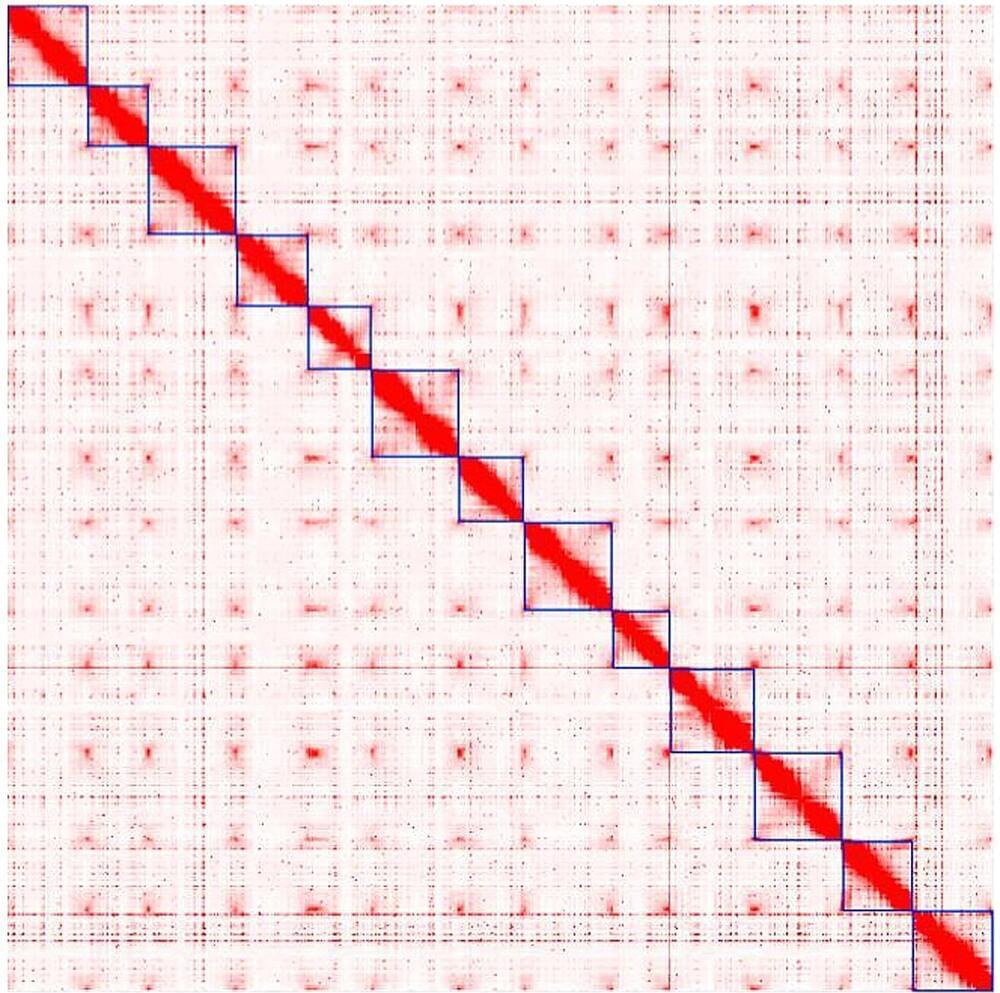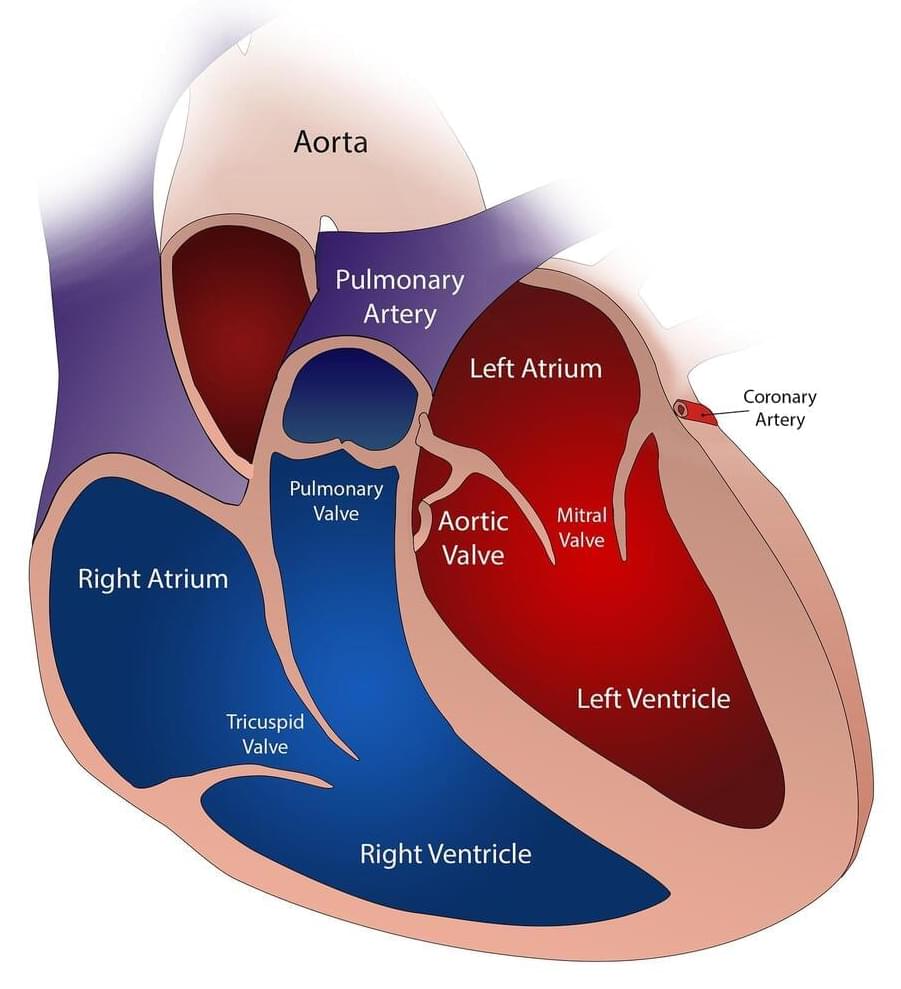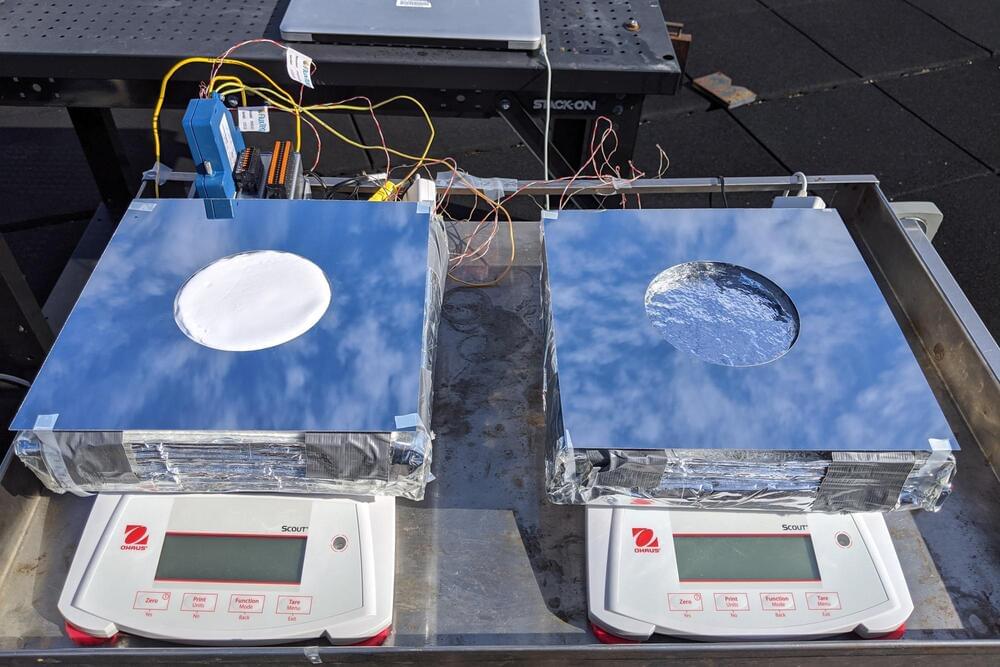
As the world gets warmer, the use of power-hungry air conditioning systems is projected to increase significantly, putting a strain on existing power grids and bypassing many locations with little or no reliable electric power. Now, an innovative system developed at MIT offers a way to use passive cooling to preserve food crops and supplement conventional air conditioners in buildings, with no need for power and only a small need for water.
The system, which combines radiative cooling, evaporative cooling, and thermal insulation in a slim package that could resemble existing solar panels, can provide up to about 19 degrees Fahrenheit (9.3 degrees Celsius) of cooling from the ambient temperature, enough to permit safe food storage for about 40 percent longer under very humid conditions. It could triple the safe storage time under dryer conditions.
The findings are reported today in the journal Cell Reports Physical Science, in a paper by MIT postdoc Zhengmao Lu, Arny Leroy PhD ’21, professors Jeffrey Grossman and Evelyn Wang, and two others. While more research is needed in order to bring down the cost of one key component of the system, the researchers say that eventually such a system could play a significant role in meeting the cooling needs of many parts of the world where a lack of electricity or water limits the use of conventional cooling systems.

